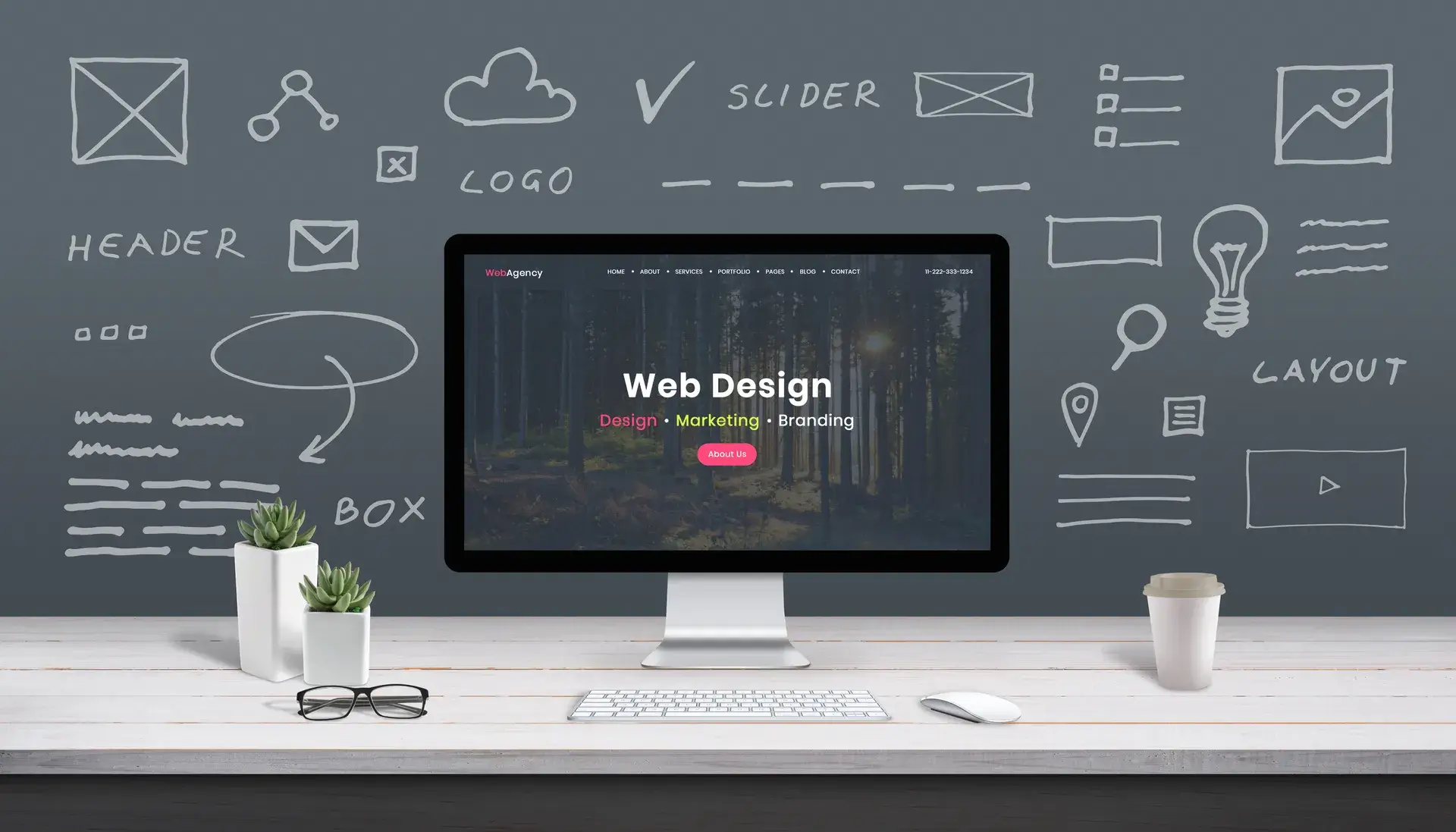In today’s digital age, educational apps have become indispensable tools for both learners and educators. However, without proper optimization, these apps may not deliver the seamless experiences users expect. In this article, we’ll delve into effective strategies for app optimization tailored specifically for learning applications, ensuring that they are engaging, effective, and user-friendly.
Importance of App Optimization in Education
Educational apps must not only function smoothly but also engage users effectively. Optimization enhances the learning experience, promotes user retention, and can significantly impact educational outcomes. Following optimization best practices is essential for ensuring that your learning app meets the needs of its users.
1. Enhance Performance and Speed
Speed plays a crucial role in the user experience. Here are optimal practices:
- Reduce Load Times: Keep app size in check and optimize images and resources to ensure quick loading.
- Minimize App Requests: Reduce backend requests by combining files and utilizing caching mechanisms.
- Efficient Coding: Adopt clean coding practices and regular code reviews to identify and eliminate inefficiencies.
2. User Interface and User Experience Design
Good design facilitates user engagement and learning. Consider these aspects:
- Simplified Navigation: Design intuitive navigation paths to allow users to easily access learning materials.
- Responsive Design: Ensure compatibility across various devices and screen sizes.
- Interactive Elements: Incorporate quizzes, games, and interactive content to keep learners engaged.
3. Content Optimization
High-quality content is paramount for educational apps. Implement the following:
- Regular Updates: Keep educational materials current and relevant.
- Personalization: Utilize algorithms to tailor content based on user preferences and learning history.
- Multimedia Integration: Diversify approaches with videos, podcasts, and infographics to cater to different learning styles.
4. Implement Analytics and Feedback
Measuring app performance and user satisfaction is essential for continuous improvement:
- User Analytics: Track usage patterns to understand user behavior and identify areas for improvement.
- In-App Feedback: Encourage users to provide feedback to further enhance the user experience.
- Iterative Updates: Regularly implement changes based on feedback and analytics to continually refine the app.
5. Enhance Security and Data Privacy
Given that educational apps often handle sensitive information, focus on:
- Data Encryption: Protect user data with advanced encryption methods.
- Clear Privacy Policies: Provide transparency regarding data usage and ensure compliance with regulations.
- User Control: Allow users to manage their data and privacy settings directly within the app.
Conclusion
Optimizing educational apps is essential for creating enriching learning experiences. By focusing on performance, design, content quality, analytics, and security, you can develop an app that meets the needs of today's learners. At Prebo Digital, we understand the unique challenges of app development and are committed to helping you optimize your educational solutions. Let's work together to create an impactful learning app that inspires and engages users!














